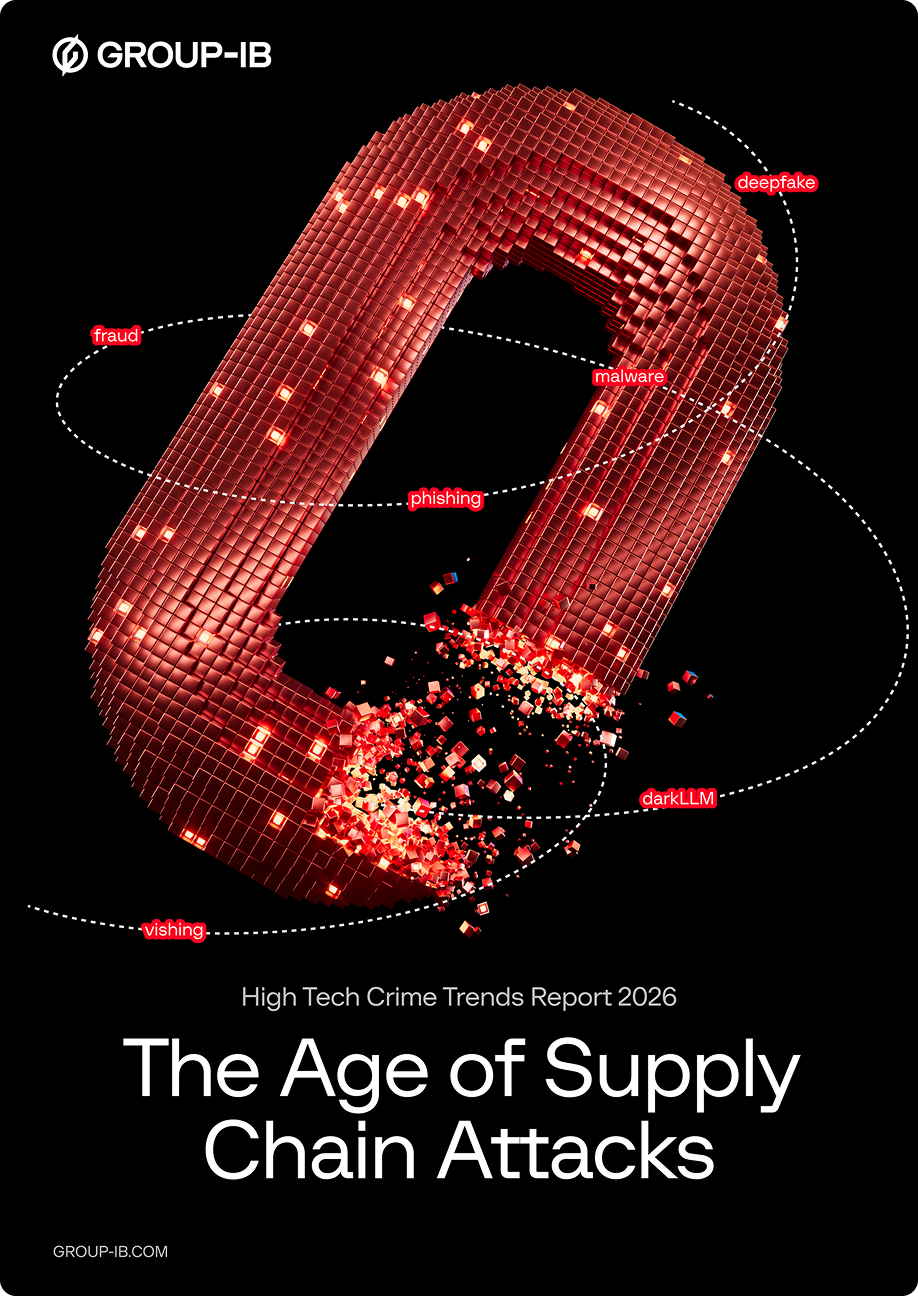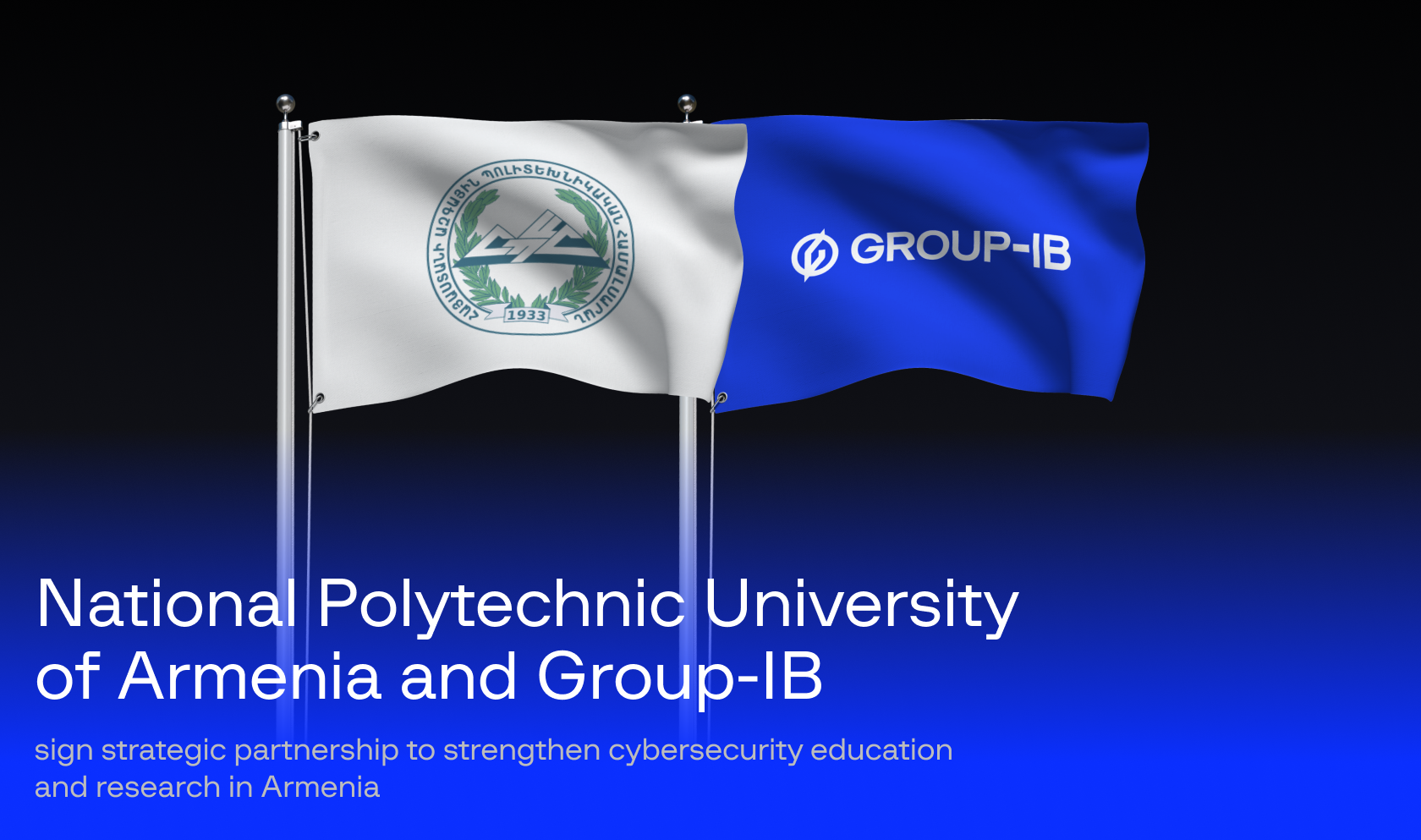Group-IB, a leading creator of cybersecurity technologies to investigate, prevent, and fight digital crime, announces today that its Cybersecurity Emergency Response Team (CERT-GIB) has uncovered a Ramadan-related scam targeting Muslims worldwide. During its investigation, CERT-GIB found that the scammers had registered 375 unique domains, mainly in the top-level domains .top, .shop, .xyz, between August 2022 and April 2024 which were dormant and had no prior content, indicating a long-term strategy to execute this scam during Ramadan. Operating under the guise of offering 60 GB of free mobile internet data at 5G speeds across a variety of telecommunications operators, the scammers aim to collect personal data and redistribute traffic further to dubious sites involving online casinos, and investment scam sites.

Screenshot of just one of the 375 web pages created by scammers targeting Muslims celebrating Ramadan.
With a focus on creating a sense of urgency and trust, the scammers lure victims with promises of generous internet data gifts. The scam employs social engineering tactics, leveraging cultural symbols such as those associated with Ramadan, as well as comments made by other “users” about receiving their gifts, to appear legitimate and trustworthy.
While the overall structure of the scheme resembles past scams involving quizzes and questionnaires, this iteration introduces novel elements. Instead of monetary promises, victims are enticed with specific offers of mobile data. Furthermore, redirections may lead victims to investment scam websites, adding another layer of complexity to the scheme.
The scam also employs various social engineering techniques, including creating a sense of exclusivity and urgency. Victims are encouraged to share the scam link with their contacts on WhatsApp within a limited timeframe, exploiting trust and pressure to act quickly. However, despite completing multiple steps and receiving praise along the way, victims ultimately do not receive the promised gifts. Instead, they may be directed to fill out questionnaires or provide personal information, leading to investment scam pages where they may be coerced into making deposits.
“As we continue to monitor and analyze these threats, we wish to caution everyone to be more cautious, especially during festive and cultural celebrations. By leveraging cultural symbols and social engineering tactics, these fraudsters prey on trust and urgency, ultimately leading unsuspecting victims into a web of deception. We urge users to exercise caution and verify the legitimacy of offers before sharing personal information online.”

Operations Director, Digital Risk Protection (DRP) / CERT at Group-IB































